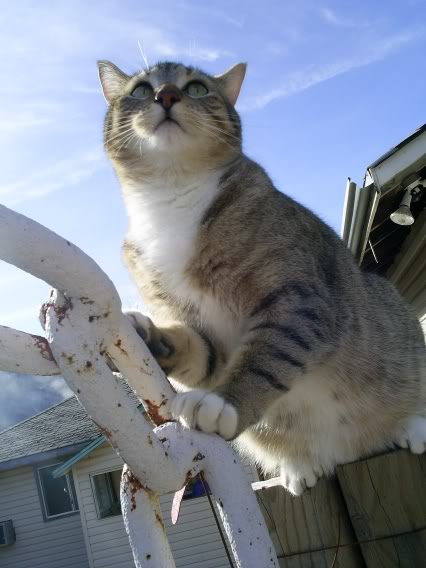Why parrots stop talking is not always the problem. Some people long for their parrots to stop talking, simply because they talk incessantly once they have learned a few phrases. Parrots are very sociable, and want to communicate with other members of their "flock" which means the people with whom they live. So a talking parrot is probably more common.
There are times, however, when parrots stop talking, and then the worried owner wants to know why parrots stop talking.
Reasons Why Parrots Stop Talking
There are several reasons why parrots stop talking. We cannot give a complete list here, but one of the following may apply to your parrot.
1. Some talking parrots stop talking for a few days when they arrive in a new home. They are adjusting to the change. They find themselves suddenly with a new "flock" in a new environment. Even a talking parrot will take time to sort things out in its mind before it feels comfortable.
2. Sometimes talking parrots stop talking when they are feeling ill. If your parrot has been talking, and stops with no apparent reason, consider health issues. You may need to take it to an avian veterinarian.
3. Talking parrots will "pout" and stop talking when they are unhappy with a change you have made. It may be you have moved the furniture in the room where the parrot spends most of its time. Maybe you are wearing an article of clothing the parrot does not like.
4. Another reason talking parrots may stop talking is the introduction of a new family member, either human or another pet. The parrot must work through the change, and stops talking while adjusting.
5. Sometimes a talking parrot has been frightened, perhaps by a prey animal. The animal may be outside, but visible from the parrot's cage.
6. Finally, a talking parrot may stop talking if it becomes bored with its own chatter, and hears few words from you. Remember that your parrot talks to communicate with you. It is in a "foreign" land, away from those that speak its language, and is trying to learn your language to communicate.
What to Do When Parrots Stop Talking
There are several things you can do to encourage a talking parrot that has stopped talking.
If your talking parrot is in new surroundings, make it as comfortable as possible. Give it time to adjust, but while it's adjusting, talk to it gently and frequently. As soon as it decides the new surroundings are safe, it will probably begin talking again.
If you suspect your talking parrot's sudden silence is an early sign of illness, look at its eyes and feathers. If you detect dullness in either, you may need to have an avian (bird) veterinarian check your parrot.
Sometimes the answer is as simple as finding a change you have made in the previous few days or week. Did you move a vase that used to reflect the light? Did you move the parrot's cage a few feet one way or another? Try to remember what may have changed and put it back the way it was. Your talking parrot may quickly speak up to thank you.
Check for predators, even though you know they cannot reach the parrot. A large, predatory bird flying past the window, or sitting in a tree outside can be the reason a talking parrot stops talking.
The best solution to helping a talking parrot find its tongue is to spend more time talking to and around the bird. Take it into other rooms with you and the family so it will feel like being a part of the conversation.
Talk to your bird as much as you would talk to a family member or very good friend, and before long, it should begin talking again.

 Notes For Your Vacation Rental Pet Policy
Sometimes the blues could very well set in and after a vac
Notes For Your Vacation Rental Pet Policy
Sometimes the blues could very well set in and after a vac
 Why Wetlands Are An Critical Aspect Of Eco
Pets are usual areas of peoples lives it isnt really at all
Why Wetlands Are An Critical Aspect Of Eco
Pets are usual areas of peoples lives it isnt really at all
 Weekend Retreat Tips - 15 Common Vacation Disability Benefits You Can Remain!
Points of interest. russian trips are good methods for those
Weekend Retreat Tips - 15 Common Vacation Disability Benefits You Can Remain!
Points of interest. russian trips are good methods for those
 The Language Makes For An Great Vacation Hire?
1 more unique vacation home business that is to be had durin
The Language Makes For An Great Vacation Hire?
1 more unique vacation home business that is to be had durin